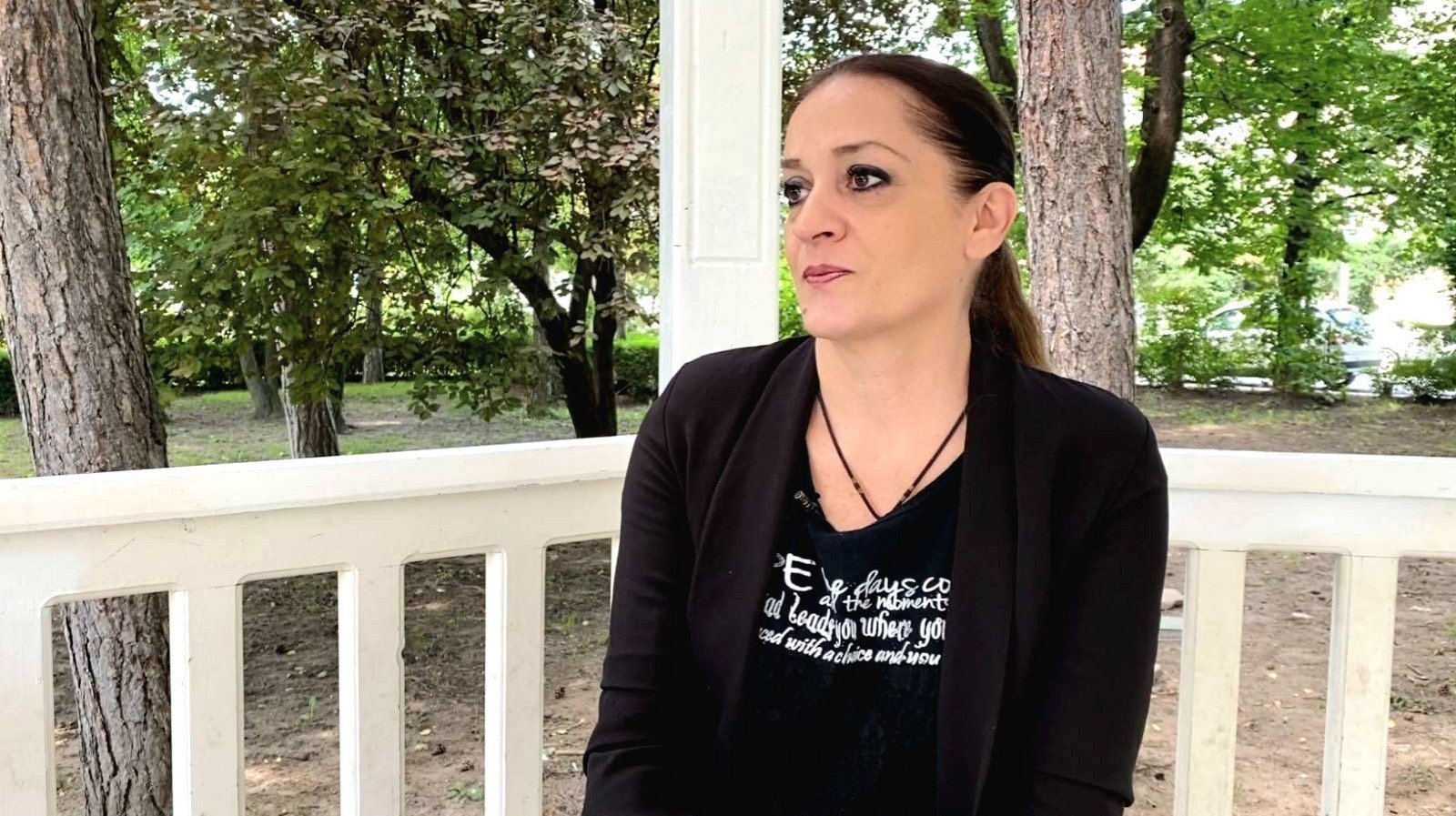Written by Aleksandra Bosnić Đurić
Victory Day over Fascism, after all the devastation that “us vs. them” politics has brought upon humanity, should logically be marked by a firm commitment to anti-fascism, both in principle and in visions for the future. Unfortunately, history has shown us that justice-driven logic rarely aligns with authoritarianism, populism, or repressive ideologies.
Looking at things closer to home, the Balkan experience reminds us that you can’t straddle both sides: you can’t stand with one foot in the so-called “Serbian World” – a reimagined vision of national and territorial unity promoted by Serbia’s last autocratic regime – and the other in anti-fascism. Just as in the long run, you can’t pledge allegiance to European values while cozying up to Russian authoritarianism.
This past week made those loyalties clear. While the European Parliament adopted a Resolution on Serbia, the Serbian president and the president of Republika Srpska traveled to Moscow, where a medal was awarded to Patriarch Kirill, reinforcing the Serbian Patriarch’s narrative about the “little Serbian boat tied to the great Russian ship.” With 419 votes in favor, the European Parliament, as rapporteur Tonino Picula put it, sent a clear and strong message highlighting the authoritarian nature of Serbia’s government and expressing support for those who bravely oppose it.
The Resolution and its accompanying report voiced “deep concern over systemic issues raised by student-led and other protests in Serbia, such as threats to civil liberties, the separation of powers, corruption, environmental protection, and institutional and financial transparency, especially regarding infrastructure projects and accountability”.
It acknowledged the March 15 protests in Belgrade as “the largest demonstrations in Serbia’s modern history”. It called for an impartial investigation into “claims that unlawful crowd control technologies were used against demonstrators,” which left several people injured. The European Parliament affirmed that the students’ demands are aligned with the reforms expected of Serbia on its path toward EU membership.
For the representatives of the protesting Serbian students – special guests at the European Parliament on that occasion – many of the speeches by MEPs will undoubtedly remain unforgettable. These speeches marked a moment of mutual recognition and awakening, helping to restore trust between Serbian citizens and the EU administration – a trust that had long been eroded by years of autocratic rule.
One particularly powerful address came from Belgian MEP Kathleen Van Brempt, who issued a stark warning: “We are losing Serbia”. She stressed that the rule of law, democracy, and fundamental rights were under threat, declaring:
“Just think about it – today, Serbian students are braver than the European Commission, maybe even braver than the entire European Union. They are the ones pointing out the systemic failures of democracy. They are the ones fighting for civil liberties. They are the ones condemning widespread corruption (…). They are standing up for European values, and they deserve our full support”.
She went on to emphasize that the European Commission must speak out far more assertively, noting that as she was delivering her speech, students were already en route to Brussels and would be arriving on Monday. She expressed hope that when her colleagues in Parliament met them, they would “greet them with eyes wide open”.
Just a few days later, at a Moscow ceremony marking the 80th anniversary of the victory over fascism in World War II, Serbia’s current president felt compelled to inform Chinese President Xi Jinping that, according to polling data he had seen, he was outpacing those attempting to stage a “color revolution” in Serbia. In his meeting with Russian President Vladimir Putin, he highlighted Russia’s significant role and emphasized that “our shared duty is to prevent any rewriting of history”.
The Victory Day commemoration in Moscow was also attended by Slovak Prime Minister Robert Fico, along with the presidents of Brazil, Cuba, Venezuela, Egypt, Vietnam, and several former Soviet republics.
These two events – the session of the European Parliament where Serbian students were welcomed as defenders of democracy and European values, and where a resolution was adopted that finally acknowledges the authoritarian nature of Serbia’s current regime, and, at the same time, a gathering in Moscow of mostly authoritarian leaders celebrating the “victory over fascism” – represent nothing less than a stark manifestation of the deep political divide shaping Europe and the world today.
A divide where, in a strange and almost surreal shadow-play, each side seeks to discredit and delegitimize the other by projecting the label of “fascism” onto its opponent. Yet, this seemingly confusing overuse of the term is not difficult to decipher. One only needs to ask a few basic questions in any country: Is there a cult of personality around the leader? Is the rule of law respected? Is there genuine political choice? Are there political prisoners, or a practice of persecuting dissenters? The answers to these questions lay bare the fundamental nature and structure of any regime.
In Serbia’s case, the Victory Day celebration played out on the streets of Belgrade, where the so-called Immortal Regiment marched, led by the Russian ambassador and members of the Serbian government. Meanwhile, the only political prisoners in Europe – students and activists – have been held in custody for nearly two months: Marija Vasić, Lazar Dinić, Srđan Đurić, Mladen Cvijetić, Davor Stefanović, and Lado Jovović.
Marija Vasić, a sociology professor from Novi Sad and an anti-fascist, has announced that she will go on a hunger strike. I believe that on this May 9th, she too raised her fist and, even if only silently, declared: Death to fascism, freedom to the people!








Komentari (0)
POŠALJI KOMENTAR